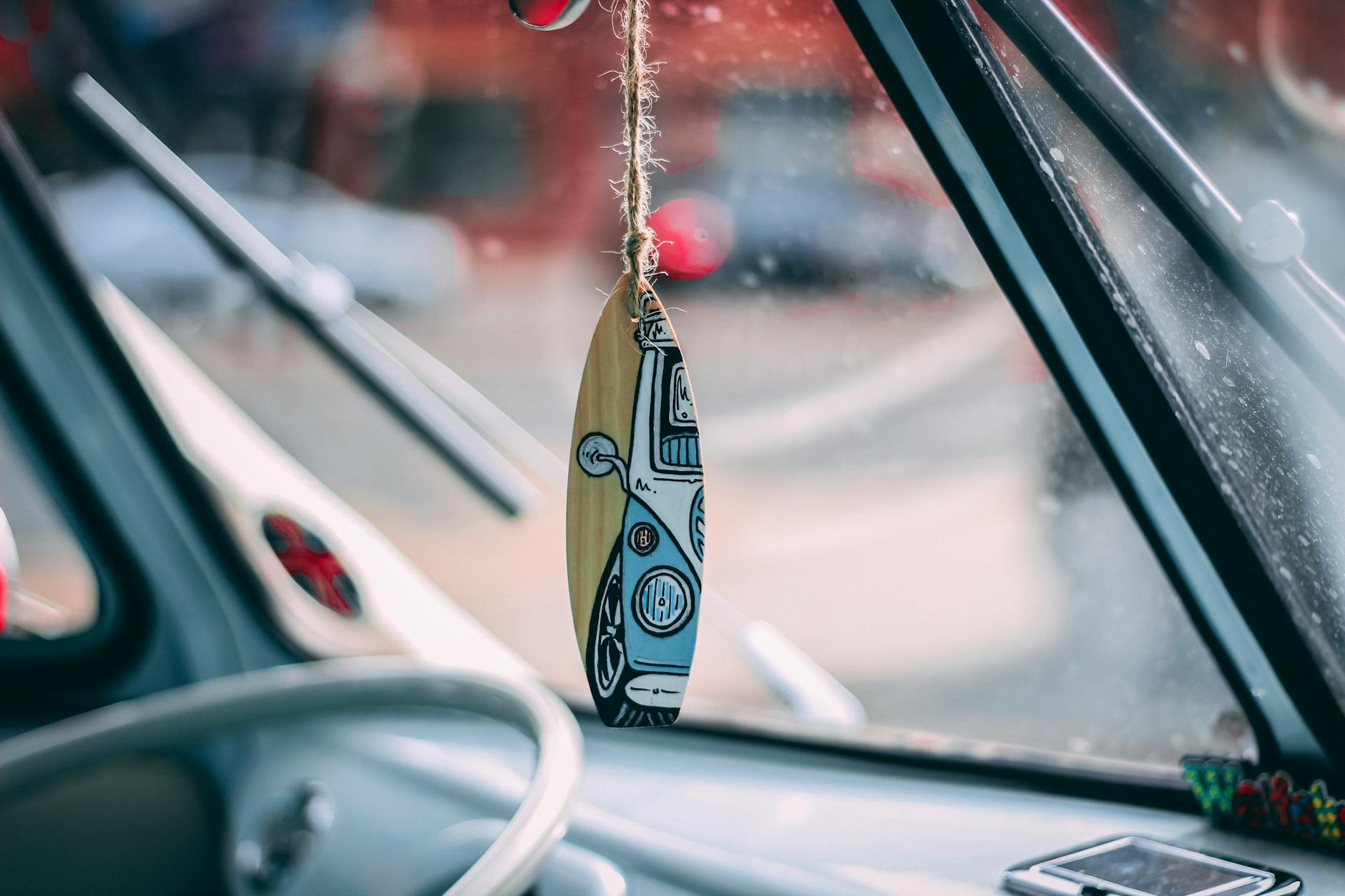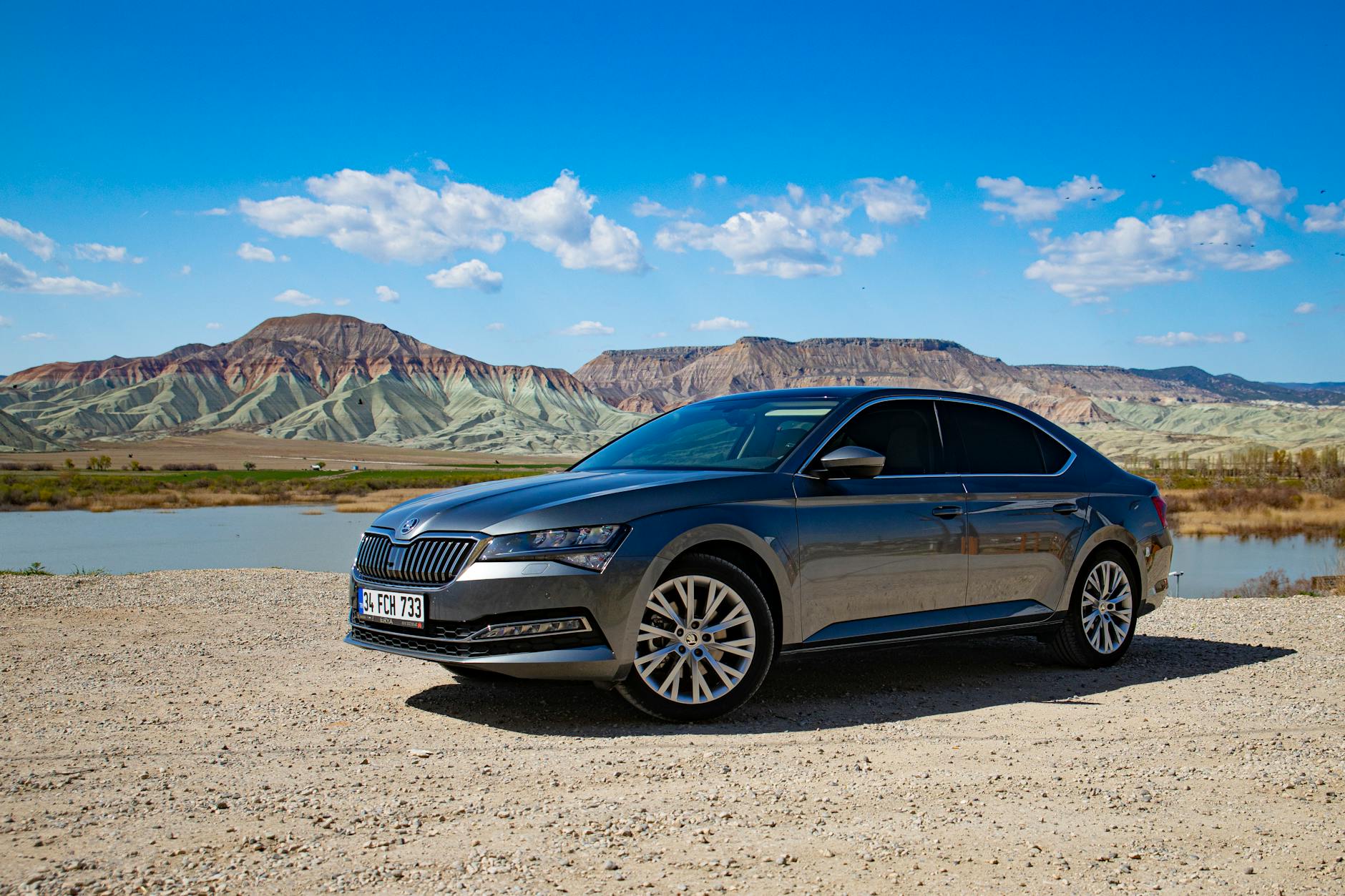How to Choose Eco-Friendly Used Cars in Australia

Assessing Eco-Friendly Options
Exploring the world of eco-conscious used cars can be an exciting journey, especially if you're considering vehicles like a 2nd hand Ford Ranger, second hand cars Sydney, or a used Hyundai. These options provide various levels of environmental friendliness, which can make them great choices for someone interested in preserving places as majestic as Daintree National Park.
Fuel Efficiency Factors
When assessing fuel efficiency, look for smaller engines or models with turbochargers. A fuel-efficient car not only helps reduce your environmental footprint but also saves you money on fuel. Vehicles with impressive miles per gallon (MPG) ratings generally emit fewer pollutants, aligning well with your environmental ideals. Ensure you check these ratings carefully when considering a purchase.
Emission Standards
In Australia, cars must meet strict emission standards that aim to minimise environmental impact. Prioritise vehicles that excel in this area, such as those certified by the Australian Government’s Green Vehicle Guide. This can help you confidently choose a used car that meets ecological expectations while reminding you of the lushness of the Cairns Botanic Gardens.
Hybrid vs. Electric
Choosing between a hybrid and an electric vehicle depends on your needs. Hybrids combine petrol and electric power, offering versatility for longer trips. Electric cars, although sometimes pricier upfront, often boast lower maintenance costs and zero emissions. Considering these options can enhance your eco-friendly credentials and provide practicality for city and nature adventures alike.
By focusing on these factors, you can select a used car that supports your eco-conscious lifestyle while catering to both rugged terrains and city landscapes.
Evaluating Reliability
Researching Common Issues
When you're diving into the world of eco-friendly used cars, you don't want any surprises down the road. Since you're eyeing options like a used Kia, it's crucial to know the common issues that might pop up. Make sure to read up on user reviews and recall histories specific to the model you’re interested in. Websites with a focus on consumer feedback can offer insights into what past owners have experienced, especially regarding any setbacks unique to eco-conscious vehicles.
Checking Vehicle History
An essential step in evaluating a car's reliability is thoroughly checking its history. Request a comprehensive report to uncover any prior accidents or major repairs your prospective vehicle may have undergone. This is especially important if you're considering a used Mitsubishi or similar car that might have been through some rugged terrains. Some eco-friendly rides could have spent part of their life touring the landscapes around Cairns Botanic Gardens, adding to their wear and tear.
Professional Inspections
Before sealing the deal, take the vehicle for a professional inspection. An expert's eye can catch issues you might miss, especially if you're new to the automotive market. Bringing in local mechanics familiar with Australia’s environmental conditions or specialists in eco-tour vehicles can be particularly helpful. After all, you want a used Subaru or any other choice to be as dependable in Port Douglas adventures as it is on city streets.
Understanding Terrain Suitability
Handling Rugged Conditions
As someone familiar with the natural wonders surrounding Cairns, like the breathtaking trails in Daintree National Park, I've realised the importance of a capable vehicle for off-road adventures. The key is to find a used car that offers excellent handling on rugged terrains typical of eco-tourism routes. Brands like 2nd hand Hyundai i30 are known for their robust engineering, which ensures they can tackle these challenging paths.
City Driving Compatibility
Living in a vibrant place like Cairns means balancing the thrill of the outdoors with the practicality of city driving. When choosing between cars like a used Mazda, it’s essential to look at their versatility. A car that provides a smooth, efficient ride both in urban settings and along dusty trails will be an excellent fit for someone who lives a diverse lifestyle.
Tire and Suspension Needs
Considering both off-road and city driving scenarios, the right tires and suspension are non-negotiable. Look for durable tires known for traction on various surfaces and a suspension that absorbs shocks well, ensuring comfort and control both in the bush and on Cairns’ streets. It's a small detail but crucial for a seamless driving experience that aligns with eco-friendly values.
Features for Sustainability
When considering a used vehicle, making a sustainable choice involves examining a few key features in addition to the usual criteria. For eco-conscious drivers like us looking for something reliable, fuel efficiency is crucial. There's a lot to consider, from interior eco-materials to innovative technologies. Fortunately, the auto industry offers a variety of options that align with an environmentally responsible lifestyle.
Interior Eco-Materials
Look out for vehicles that incorporate sustainable materials in their interiors. Natural fibers, recycled materials, and eco-friendly leathers are often used in models that prioritise sustainability. This not only reduces a car's environmental footprint but also creates a connection to nature that enhances my driving experience.
Innovative Technologies
Advances in automotive technology have led to features that significantly reduce emissions and improve fuel efficiency. I'd want to check whether the vehicle has regenerative braking or eco-driving modes, which can optimise performance while reducing environmental impact. Keep an eye out for these in popular models, such as a used Ford or Toyota second hand cars Sydney.
Aftermarket Upgrades
Another option to enhance a vehicle's eco-friendliness is considering aftermarket upgrades. There are many eco-friendly parts and enhancements available, from solar-powered accessories to advanced filters that can improve fuel efficiency. These upgrades can be a cost-effective way to ensure the vehicle is as sustainable as possible.
Ultimately, making informed choices when selecting a used car can help support a more sustainable future on the road.
Common Mistakes
Ignoring Eco-Certifications
When you're cruising through the breathtaking landscapes of Daintree National Park in your newly acquired vehicle, the last thing you want is the guilt of high emissions. It’s imperative to pay attention to eco-certifications. This means looking out for labels like Green Vehicle Guide or Energy Star ratings that confirm your chosen car is both fuel-efficient and greenhouse gas-conscious. These certifications assure me that my adventures remain kind to the planet.
Overlooking Maintenance Records
Equally important is scrutinising maintenance records, a crucial step often ignored by those new to the car-buying journey. I always imagine myself on the road to the Cairns Botanic Gardens or perhaps joining one of those eco-tour companies in Port Douglas. A car with a well-documented maintenance history offers peace of mind that I can get there without unplanned stops. Many of us eco-conscious souls might get starry-eyed over low prices, forgetting that a vehicle with incomplete records could leave us with more emissions and less joy.
Misjudging Total Environmental Impact
Sometimes, in the excitement of finding an eco-friendly vehicle, I might miscalculate the total environmental impact. Beyond fuel efficiency and low emissions, there’s the matter of production footprint and disposal of non-biodegradable materials. Choosing a car that utilises recycled materials inside the cabin or has biodegradable car parts suits my eco-conscious spirit, ensuring the charm of Cairns and its surrounding beauty remains intact for future generations. That holistic approach keeps me grounded while revelling in eco-sustainable journeys.


